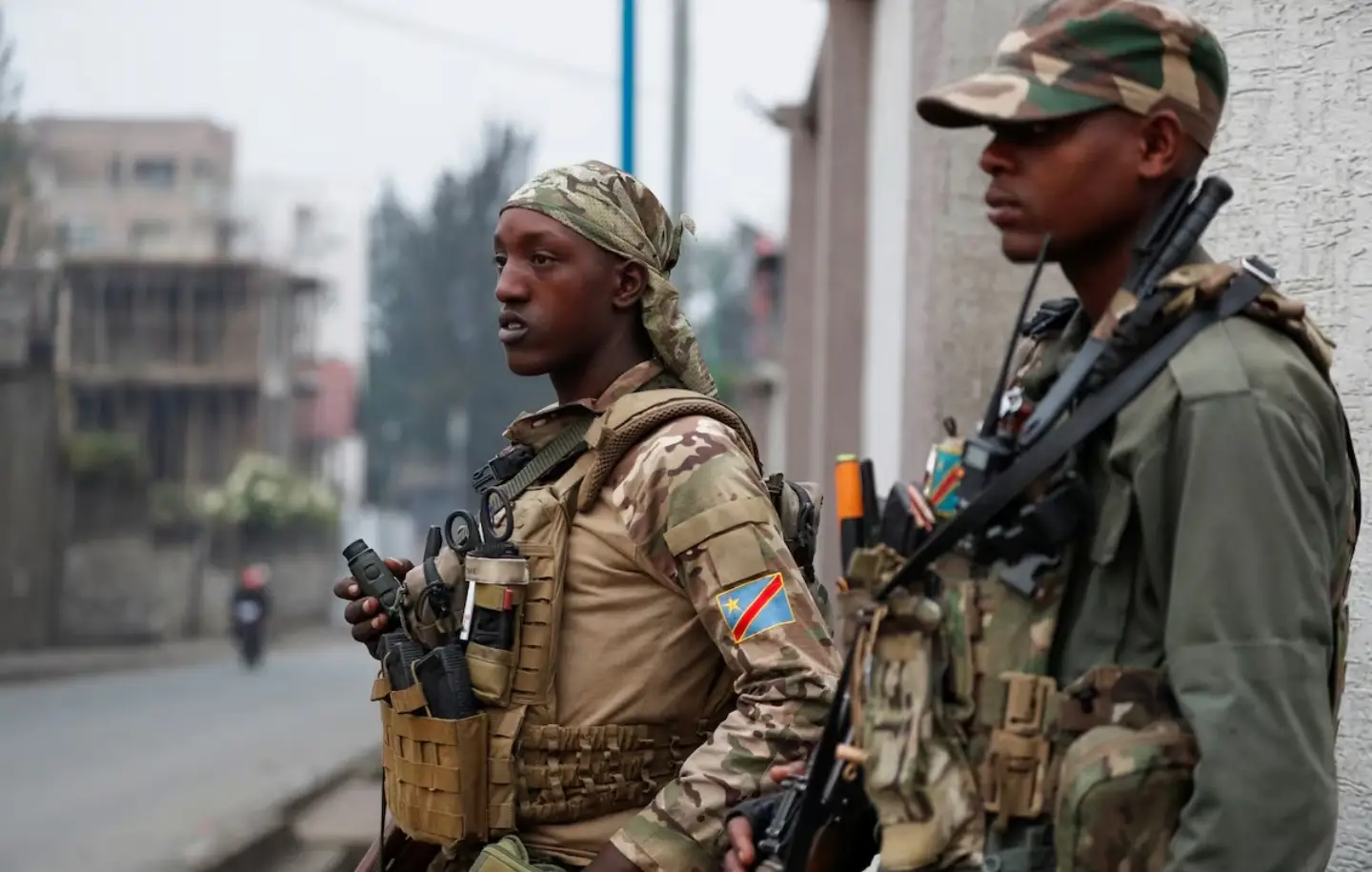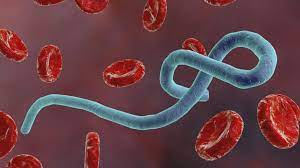By Ayomide Otitoju
The World Health Organization (WHO) has initiated swift response measures following the confirmation of a Sudan virus disease outbreak in Uganda. The virus, belonging to the same family as Ebola, was reported today, prompting WHO to support national health authorities in containing its spread.
WHO is deploying senior public health experts and mobilizing staff from its Uganda office to reinforce key outbreak response strategies. Additionally, the Organization has allocated US$ 1 million from its Contingency Fund for Emergencies to facilitate early action and is preparing to dispatch medical supplies, including personal protective equipment, from its Emergency Response Hub in Nairobi.
Although there are currently no licensed vaccines for Sudan virus disease, WHO is collaborating with developers to deploy candidate vaccines alongside other public health interventions. The vaccines will be introduced once all necessary administrative and regulatory approvals are secured.
To date, one confirmed case—a nurse from Mulago National Referral Hospital in Kampala—has been reported. No additional health workers or patients have exhibited symptoms. A total of 45 contacts, including healthcare personnel and family members of the deceased case, have been identified and are under close monitoring. The presence of the virus in a densely populated area requires an urgent and robust response.
“We welcome the prompt declaration of this outbreak, and as a comprehensive response is being established, we are supporting the government and partners to scale up measures to quickly identify cases, isolate and provide care, curb the spread of the virus, and protect the population,” said Dr. Matshidiso Moeti, WHO Regional Director for Africa. “Uganda’s extensive experience in responding to public health emergencies will be crucial in effectively managing this outbreak.”
Historically, there have been eight documented outbreaks of Sudan virus disease—five in Uganda and three in Sudan. The last reported outbreak in Uganda occurred in 2022.
“Leveraging existing expertise, we are intensifying efforts, including deploying resources, expertise, and tools, to save lives and swiftly bring the outbreak under control,” stated Dr. Kasonde Mwinga, WHO Representative in Uganda.
Sudan virus disease is a severe and often fatal illness affecting humans and primates. It is caused by Orthoebolavirus sudanense, a species within the same genus as the Ebola virus. Case fatality rates have ranged from 41% to 100% in past outbreaks. While no approved treatments or vaccines currently exist, early initiation of supportive care has been shown to significantly improve survival rates.










